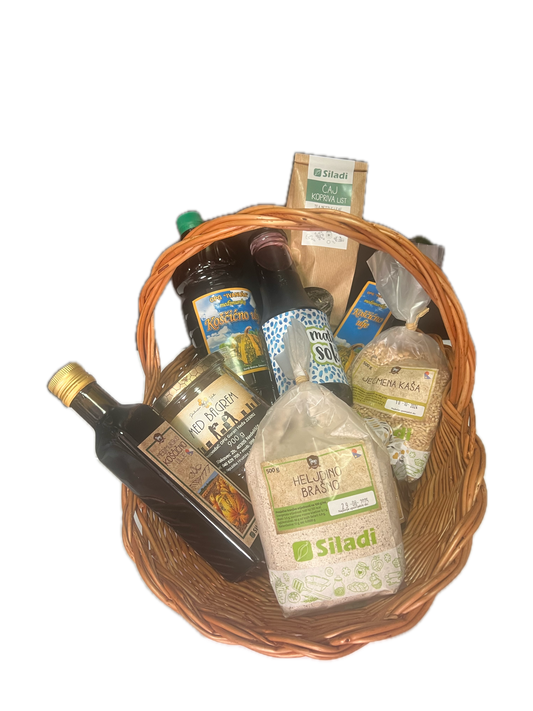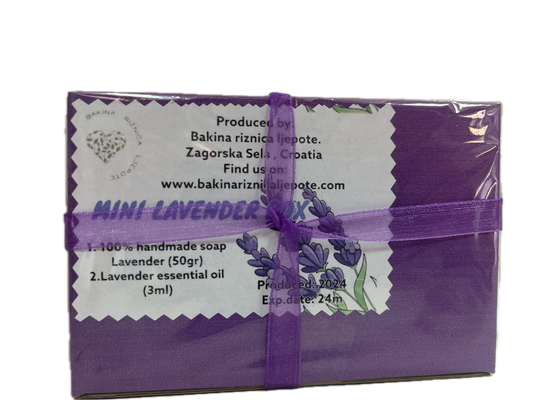
🥬 Why is cabbage healthy?
Međimurski CekerCabbage is a vegetable that often goes unnoticed in the food world, but its nutritional value and health benefits are priceless. Throughout the centuries, cabbage has been a key ingredient in many culinary traditions around the world, from Asian cuisine to European dishes such as sauerkraut, sauerkraut, and various variations on the theme. This article explores the health benefits of cabbage, as well as ways you can incorporate it into your daily diet.
Nutritional Value of Cabbage
Cabbage, whether white, red or napa (Chinese cabbage), is rich in essential nutrients. In 100 grams of fresh cabbage you can find:
- Calories: 25 kcal
- Fiber: 2.5 grams
- Vitamin C: 36.6 mg (about 61% of the recommended daily amount)
- Vitamin K: 76 micrograms (about 95% of the recommended daily amount)
- Folic acid: 53 micrograms (about 13% of the recommended daily amount)
- Vitamin B6: 0.124 mg (about 6% of the recommended daily amount)
- Calcium: 40 mg
- Potassium: 170 mg
- Phosphorus: 32 mg
- Magnesium: 12 mg
- Iron: 0.47 mg
Good sides of cabbage consumption
- Rich in vitamin C: Cabbage is an excellent source of vitamin C, which is essential for strengthening the immune system, stimulating collagen production (important for healthy skin) and fighting free radicals.
- Rich in vitamin K: Vitamin K is essential for blood clotting and maintaining bone health. Cabbage is an excellent source of this vitamin.
- Low-calorie food: Cabbage is a low-calorie food, which makes it an excellent choice for maintaining a healthy body mass.
- Digestive fiber: Cabbage is rich in fiber, which promotes healthy digestion and can help prevent constipation.
- Anti-carcinogenic properties: Cabbage contains phytochemicals and antioxidants that have been linked to a potential reduction in the risk of certain types of cancer.
How to include cabbage in the diet
- Salads: Cabbage can be added to fresh salads for a crunchy taste and additional nutritional value.
- Sauerkraut and sauerkraut: Sauerkraut and sauerkraut are traditional fermented versions of cabbage that are rich in probiotics and beneficial bacteria for gut health.
- Stews and soups: Cabbage is a common ingredient in various stews and soups around the world. It gives them a rich flavor and texture.
- Stuffed Cabbage: Cabbage is often used as a filling for a variety of ingredients such as rice, meat and vegetables.
Conclusion
Cabbage is a vegetable that deserves more attention in your diet because of its impressive nutritional values and health benefits. From boosting the immune system to supporting digestion, cabbage offers many benefits. Take advantage of the variety of these vegetables and include them in your meals to enjoy all the benefits they provide to your health. Your body will thank you!
Image source .








































































